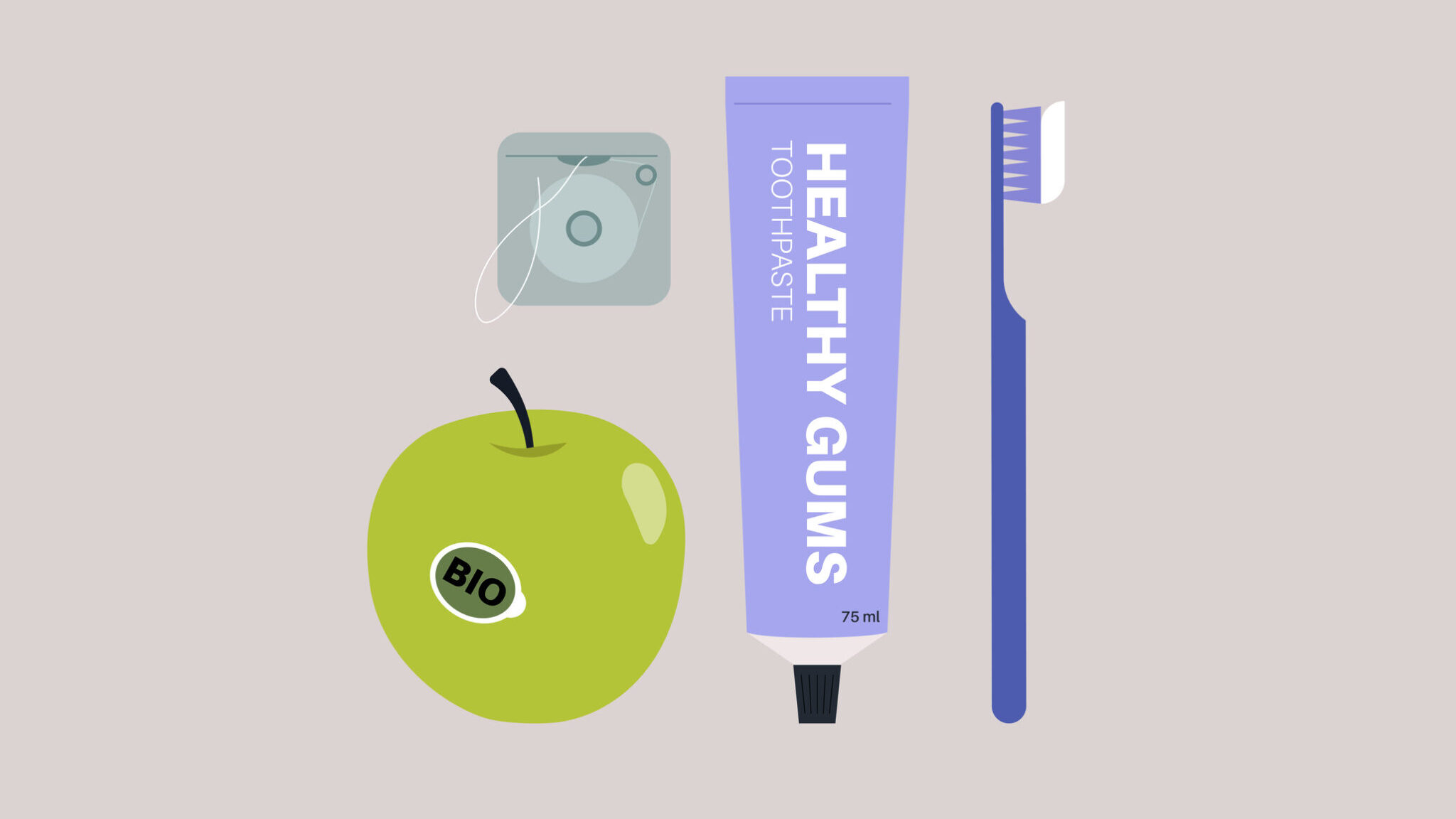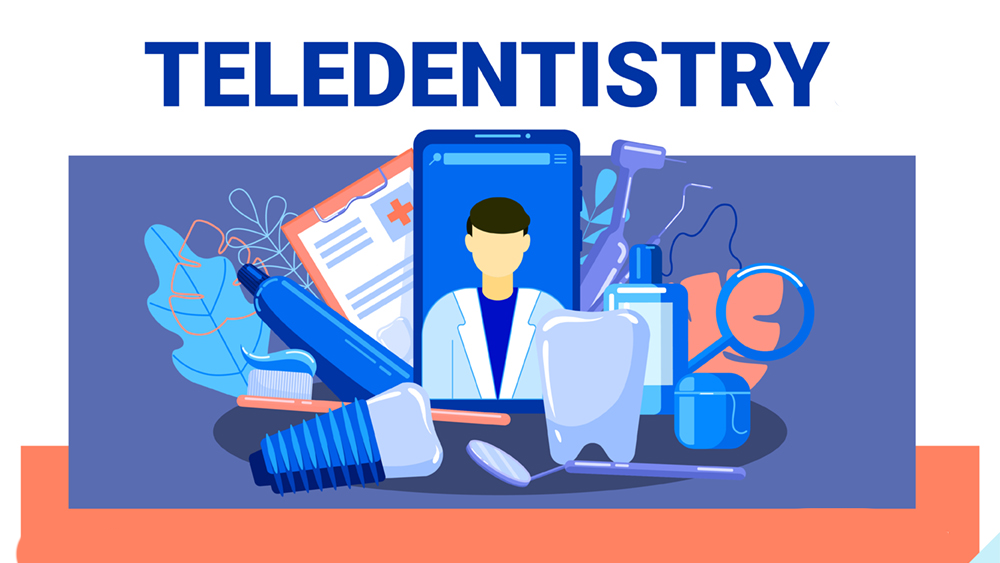 Why Do Patients Complain?
Why Do Patients Complain?
Studies suggest that only 4% of patients will complain, and 96% of patients may never tell you if there is a problem. Research suggests that unhappy patients don’t bother to complain if they are unhappy, they just don’t come back. It takes courage to complain, especially to your dentist.
Why Do Patients Complain? Maybe you have promised more than you can deliver, or you have offered limited choices, or worse -your patients perceive that you don’t care about them. If your patient leaves your office unhappy with the outcome, you not only lose their loyalty, but they will probably tell another six people about the experience.Patient service is really about helping people. If you answer questions and solve problems for a patient they can provide your best referrals
A complaint is a gift. It is feedback you can use to improve your service . It provides you with an opportunity to address a concern, or fix the problem – but most importantly KEEP YOUR PATIENT! Cherish it – learn from it – be grateful that you got it. When it comes to dissatisfaction – ignorance is not bliss
A Complaint is a Gift – THANKS…a lot!
Thank the patient for bringing it to your attention
Hear the problem
Apologize for the inconvenience
Need more information? Ask
Know a solution and propose it
Solve the problem or find someone who can
Whoever receives a patient complaint will own it, resolve it and record it. Personalize the service experience by using the patient’s name if and when possible. Acknowledge your great patients by anticipating their preferences and special requests, remembering them and fulfilling them. People should not be inconvenienced when they do business with you. If that should occur, you need to sincerely apologize – and make things right if you can. Doing that sends a message to the patient that he/she should not have been inconvenienced, and you are going to make it up to them. How can anyone stay angry when you do that? This process increases the likelihood that, instead of being upset, he/she will leave satisfied and possibly say thank you.
Patients don’t expect you to be perfect. They do expect you to fix things when they go wrong. Develop processes in your office for resolving the chronic problems, implement the processes and hold employees accountable for delivering service excellence every day
Top Ten Dental Patient Problems
10. “My insurance doesn’t pay 100%”
Solution – educate your patient about what insurance is…and what it isn’t. It isn’t “coverage” , it is assistance only. It doesn’t cover everything. There is a reason for copayments because that is the plan design that your patient’s employer has selected.
9. “I can’t afford dental care”
Show the value of preventive care. If you identify problems in their early stages – less extensive treatment. Patients get this message – “Less extensive = less expensive”
8. No sense of urgency
“It can wait…it’s just a cleaning!” Tell your patients when there is active disease present- active infection. Dental disease needs intervention – it doesn’t go away by itself.
7. “Why do I have to pay for an examination”
In a clinical exam, the doctor diagnoses not just tooth decay and gum disease, but he/she looks for signs of potentially serious health conditions, including bone infections and oral cancer. It’s the most important part of preventive dentistry, which means keeping you health and your dental costs affordable.
6. Fear
Studies suggest that 70% of people avoid going to the dentist due to fear of pain. You can say to the patient, “Today’s dentistry is virtually pain free. We do everything within our power to make sure the procedure is comfortable for you. Here is what we do at this office…” Don’t lie to the patient or they will remember and resent you for it. Don’t deny their fear, it is their reality.
5. Bill the Insurance Company Directly
Here is how you can respond – “Your dental insurance is your benefit, but we will be happy to bill your insurance company electronically and you will receive your benefit in just a few days. We have several payment options for your convenience, they are…” Within the next few years that option will be eliminated entirely
4. Lack of options – treatment and financial
According to the Consumer Preferences Index 54% of males were never offered payment considerations. Yet if they had been offered payment options, 78% would accept treatment
30% of females were never offered payment options, 68% would have accepted 54% of males + 30% of females (divided by 2) = 44% of patients
Almost ½ of case presentations are not accepted due to lack of payment options
3. I don’t want to be “sold”
As a dental professional, you are not selling treatment, it’s patient education and addressing your patients’ expressed needs. The patient needs to be aware of the problem. Don’t let your patient suffer from buyer’s remorse and regret their decision. Reassure them of the good feelings that they felt when the treatment was completed
2. The doctor and staff don’t care about me
Your patients don’t care about how much you know until they know how much you care. If patients leave your office without a scheduled appointment, they assume you don’t care about their dental needs. They don’t have a perceived problem. Continuity of care is one of the most important aspects of patient service in dentistry.
1. Number One!!
Your patients are your number one priority. Without patients, you don’t have a business – they are your business – they pay your paycheque.
Always be attentive to their needs. We are service professionals; therefore, we make commitments with care and always do what we say we are going to do. We convey professionalism by using verbiage that enhances the patient service experience.
“Don’t Worry About Making Money, Love What You Do and Always Put the Patient First”
Ray Kroc Founder of McDonalds












